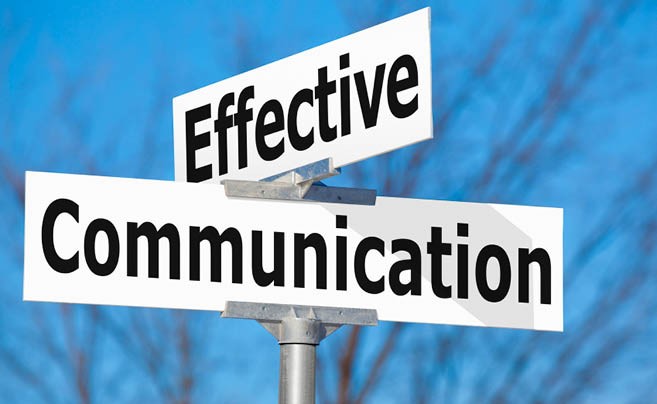Effective ways to communicate boundaries with a date
Effective Communication of Boundaries in Dating
Establishing and communicating boundaries in dating is an essential aspect of building healthy and respectful relationships. Boundaries are personal limits that help define what individuals are comfortable with in various aspects of their lives, including emotional, physical, and social interactions. Communicating these boundaries effectively can prevent misunderstandings and foster open dialogue. This essay examines several effective methods to communicate boundaries with a date, emphasizing clarity, timing, and respect.
Clarity and Directness
One of the most effective ways to communicate boundaries is through clear and direct communication. Vague statements can lead to misunderstandings and confusion, making it essential to articulate boundaries in straightforward terms. For example, if you need personal space, you might say, "I value our time together, but I also need some alone time to recharge". This approach not only conveys your needs but also encourages your date to respect them. Using "I" statements is particularly beneficial as they focus on personal feelings rather than placing blame, such as "I feel overwhelmed when we spend too much time together without breaks".
Timing Matters
The timing of boundary discussions is crucial, as sensitive conversations require an appropriate context to be productive. It is advisable to discuss boundaries when both parties are calm and open to dialogue, rather than during a heated moment or disagreement. For instance, addressing boundaries during a relaxed outing may be more effective than in the heat of an emotional discussion. As noted, initiating boundary conversations during a calm moment allows both partners to listen and engage thoughtfully.
Contextual Understanding
Understanding the context in which boundaries are set is vital. Different dating stages may require varying levels of boundary discussions. For instance, early in the dating process, individuals might feel hesitant to share certain personal details. One could introduce the topic gently by asking, "What is important for you in a relationship?". This question opens the door for mutual sharing and helps both parties understand each other's perspectives and needs.
Non-Verbal Communication
Effective communication goes beyond words; non-verbal cues play a critical role in conveying personal boundaries. Body language, tone of voice, and facial expressions can communicate boundaries just as much as spoken words. For example, leaning away from someone who invades personal space can signal discomfort without the need for words. Acknowledging and respecting non-verbal signals is essential for maintaining a respectful dating environment.
Active Listening and Feedback
Once boundaries are communicated, it’s important to engage in active listening. This involves acknowledging what your date has said about their boundaries and providing feedback. For example, you might say, "I understand you feel uncomfortable discussing certain topics; I respect that". This not only shows that you value their feelings but also fosters a reciprocal environment where both parties feel heard and respected.
Establishing Consequences
An effective boundary-setting strategy includes establishing consequences for boundary violations. This helps establish the seriousness of your boundaries and what may happen if they are not respected. For example, you might say, "If our conversations make me feel uncomfortable, I will need to take a step back from our dates and reassess where we stand". This approach clarifies expectations and prepares both individuals for any necessary actions that need to be taken if boundaries are crossed.
Conclusion
In conclusion, effective communication of boundaries in dating is fundamental for establishing trust, respect, and mutual understanding.</light By being clear and direct, choosing the right timing, understanding contextual nuances, utilizing non-verbal cues, actively listening, and establishing consequences, individuals can navigate their dating experiences with greater confidence and clarity. As relationships evolve, continuing to communicate boundaries openly will ensure that both partners feel valued and respected, ultimately contributing to healthier and more fulfilling connections. Establishing and respecting boundaries is not just about limiting connections but also about enhancing them, allowing individuals to thrive authentically within their relationships.


